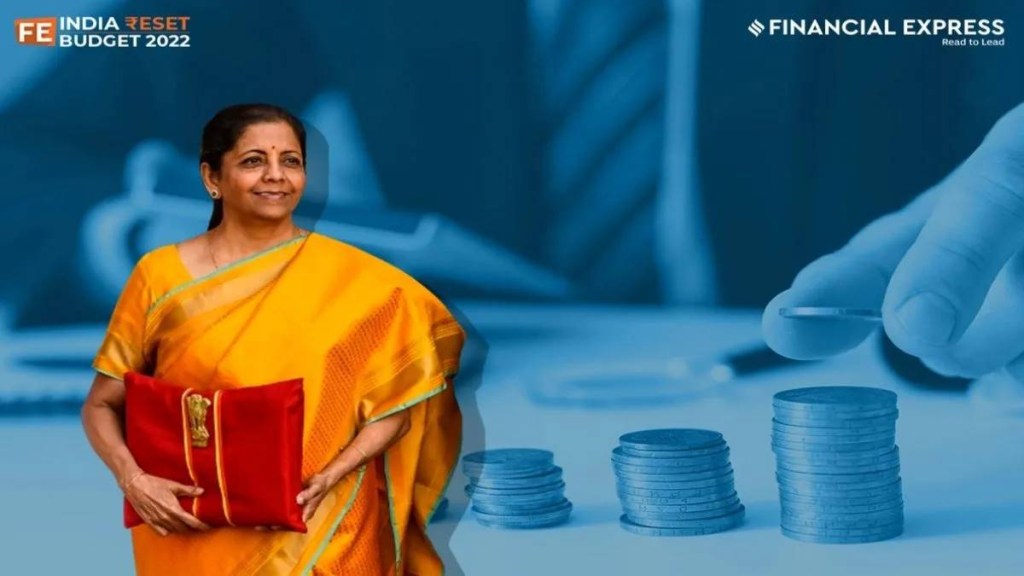By Maj Gen Ashok Kumar, VSM (Retd)
The government has unveiled the central budget on 01 feb 23 for the Financial Year (FY) 23-24 . The budget is being called the first budget of ‘Amrit Kaal’ . The thought embedded in this budget looks at the country being fully developed by the time we celebrate 100 years of independence in 2047. Its outcome will be known later as to how we shall progress in those years. The budget has seven main ingredients called ‘Saptarshi’. Surprisingly ‘National Security’ is not included in these pillars but that’s a separate question to be examined. This article focuses on both positive and negative criticism of the budget and raises new issues which are not related to this budget alone but all the budgets year after year irrespective of the Government which has been in power.
Whenever the budget is announced, all those in power and their supporters defend each and every aspect included in the budget and even disregard all the objective and critical analysis. In the process, the constitutional provision to take corrective action ceases when the budget comes up for discussion/passage in Mar-Apr sitting of the Parliament. Opposition as well as other parties not in power also take a negative approach invariably criticising each and everything. No merit is seen even if there is some. In this approach, national intellectual discourse gets wasted and our capacity to bring good budgets for the national good gets muted, a situation which needs to be reversed so that the national capacities are comprehensively used for the national good.
It is therefore worth examining the concept of ‘Shadow budget’ to ensure that quality thoughts are induced in the budget formation and finalisation. There is a prevalent concept of ‘shadow cabinet’ in a few countries wherein members of the opposition are made part of the shadow cabinet. These members of the ‘shadow cabinet’ scrutinise all the activities of their respective cabinet members. In this process, the opposition takes a constructive responsibility as well as a challenge to highlight the negative facets of the concerned ministries. The public is also able to see and judge the credibility of shadow cabinet members and in the process, a view is taken as to what can be expected if the opposition comes to ‘power’.
The concept of shadow cabinet is not being practised in India. In fact, in India, there is a numerical barrier as well to nominate a political party as ‘opposition party’ in parliament even if it is the largest opposition party. As against adopting the concept of shadow cabinet, there is a fit case for ‘shadow budget’ in India, a responsibility which must be assumed by the largest opposition party by itself or with cooperation of those parties which are in its alliance. It will be an interesting intellectual exercise for the opposition as to how they see the national growth. It will also start putting norms to be followed by the opposition parties as and when they come to power. The exercise will be beneficial both at the central as well as state Government levels.
The current approach of all Governments in general has been to defend whatever they finally present in the parliament. The modifications at budget discussion stage are only marginal even if some anomalies are pointed out. In the process, the larger good of the nation is compromised.
The problem persists in the similar manner by almost all the political parties in the opposition wherein only criticism has become the norm. Once the shadow budget comes up by these opposition parties, it will be incumbent on their part as to how they would have constituted the entire budgetary provisions.
It is also essential to argue as to what could be the process of outlining such a shadow budget. In the revised schedule of budget presentation, the union budget is presented on 01 Feb of every year for the Financial Year (FY) starting on 01 Apr in the same year. It is at this stage the Revised Estimates (RE) of the current FY is known. The RE of current FY should be taken as a reference point by the opposition to formulate the shadow budget for the next FY. No outward criticism is valuable unless the responsibility is taken to undertake the task better. The shadow budget should be presented on 15 feb after a fortnight of the union budget having been presented. The opposition must come up with a comprehensive budget taking RE of current FY as a mandatory and binding reference.
Once the shadow budget is presented, it will bring out points for the debate as and when the parliament meets in the month of March for passing the budget. The shadow budget should be presented to the public so that the common people can look at their lawmakers comprehensively whether they are from the Government or from the opposition. This will also give an opportunity for the Government in power to incorporate the good points from the shadow budget if they display genuine concerns for the citizens of the country.
Author is a Kargil war veteran and defence analyst. He is a visiting fellow of CLAWS and specialises in neighbouring countries with special focus on China. He can be contacted at trinetra.foundationonline@gmail.com and tweets from @chanakyaoracle.
Disclaimer: Views expressed are personal and do not reflect the official position or policy of Financial Express Online. Reproducing this content without permission is prohibited.

